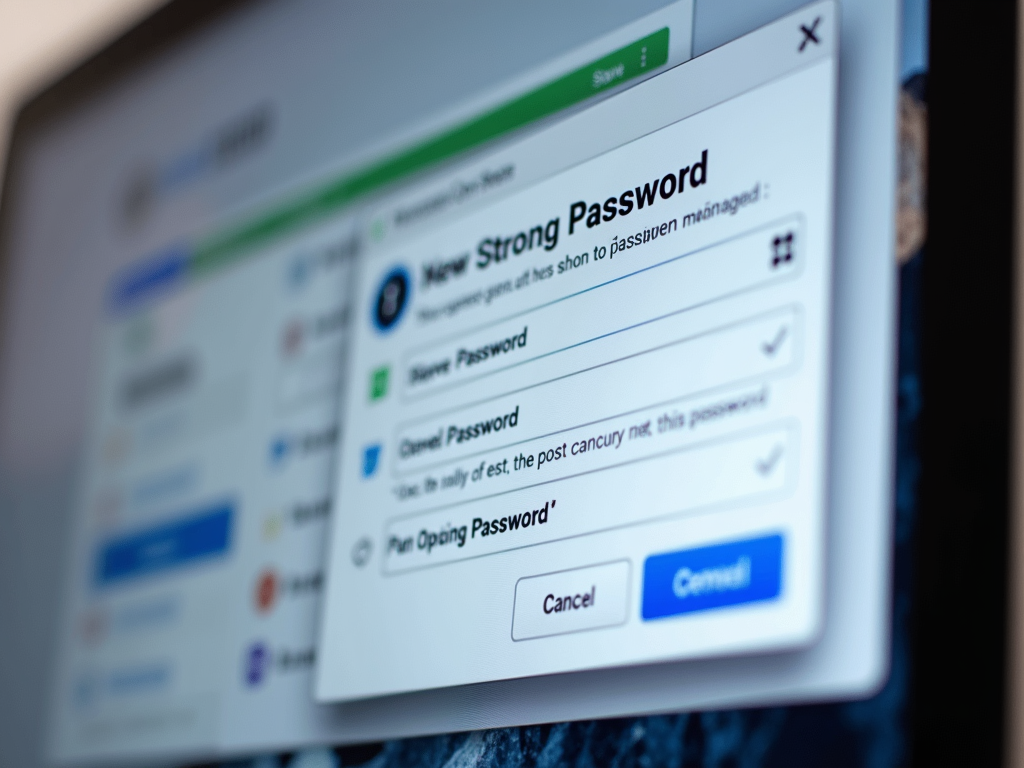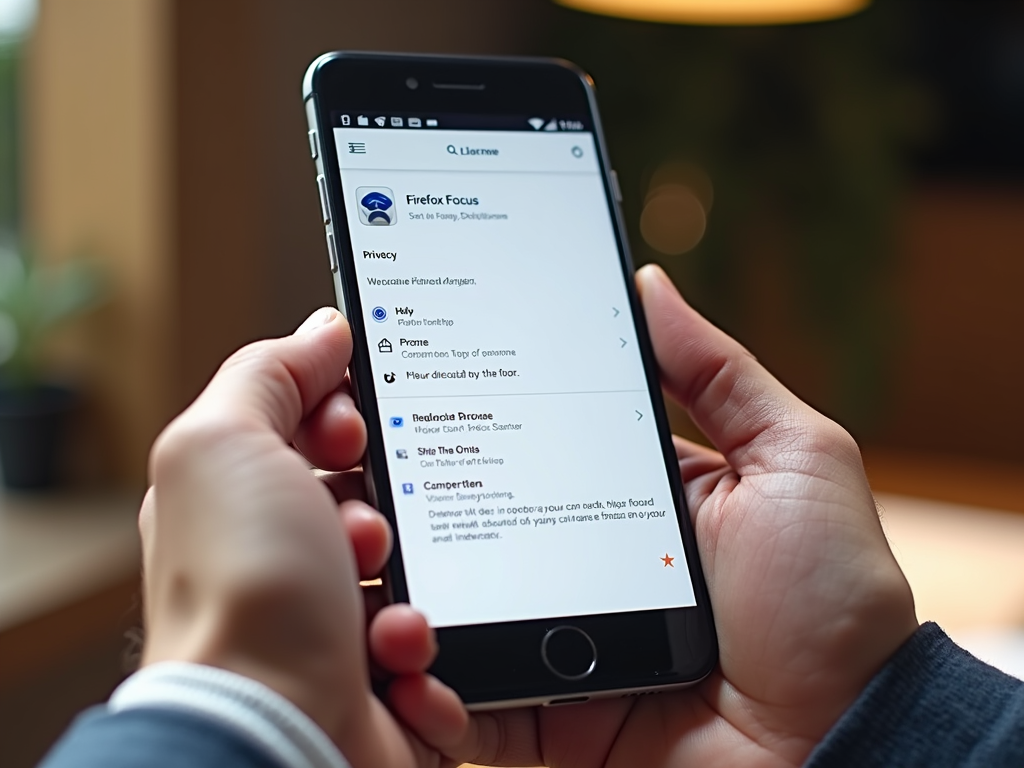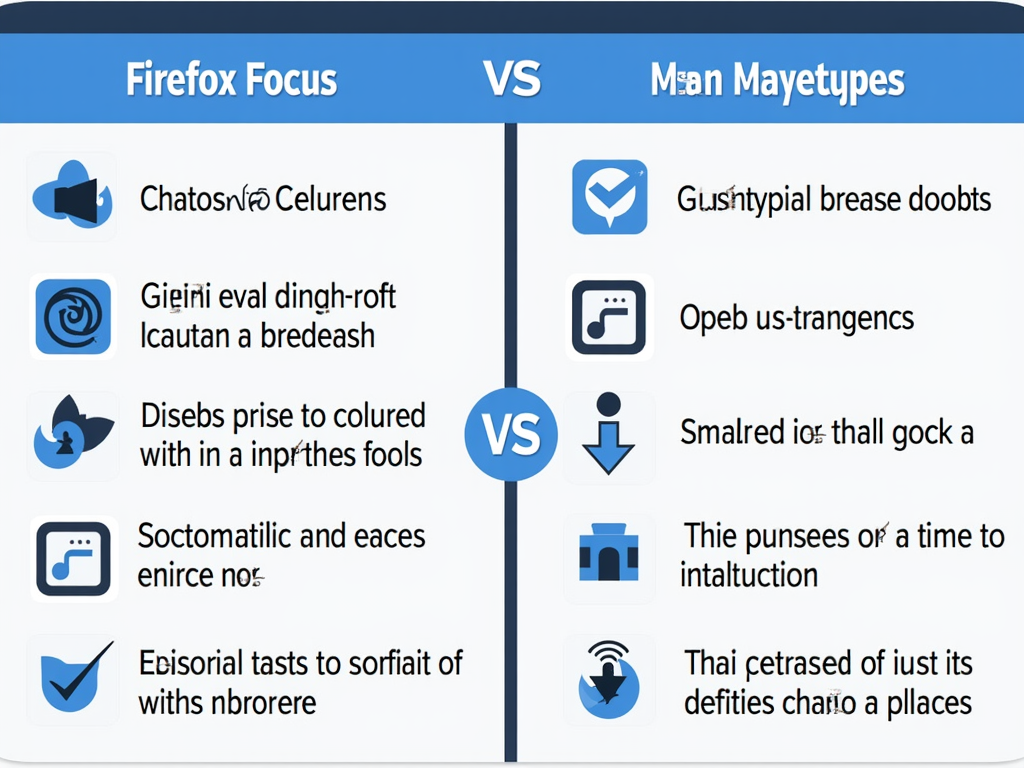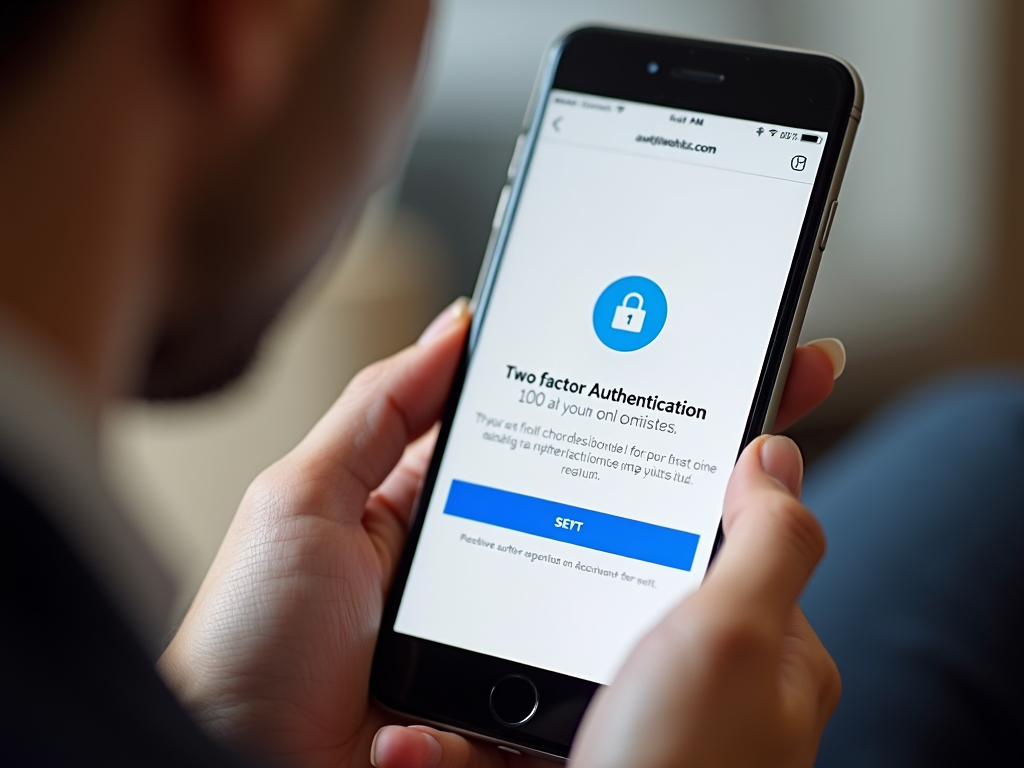How to Protect Your Data Online: A Comprehensive Guide
In today's digital age, protecting your data online is more important than ever. With the increasing number of cyber threats and privacy concerns, it's crucial to use the right tools and practices to safeguard your personal information. This article explores various online privacy tools, compares Firefox Focus and DuckDuckGo for mobile browsing privacy, and provides actionable tips to help you stay safe online.

Understanding Online Privacy
Online privacy refers to the protection of your personal information and activities on the internet. This includes everything from your browsing history and search queries to your social media posts and online transactions. Without proper protection, your data can be accessed by hackers, advertisers, and even government agencies, leading to identity theft, financial loss, and other serious consequences.
Online Privacy Tools
There are several tools available to help you protect your data online. Some of the most effective ones include:
- Virtual Private Networks (VPNs): VPNs encrypt your internet connection, making it difficult for anyone to intercept your data. They also hide your IP address, adding an extra layer of anonymity.
- Password Managers: These tools help you create and store strong, unique passwords for all your online accounts, reducing the risk of password-related breaches.
- Encrypted Messaging Apps: Apps like Signal and Telegram use end-to-end encryption to ensure that your messages are only readable by the intended recipient.
- Private Browsers: Browsers like Firefox Focus and DuckDuckGo are designed to protect your privacy by blocking trackers and deleting your browsing history automatically.

Firefox Focus vs. DuckDuckGo: Which Mobile Browser is More Private?
When it comes to mobile browsing privacy, Firefox Focus and DuckDuckGo are two popular options. Both browsers prioritize user privacy, but they have different features and approaches.
- Firefox Focus: Developed by Mozilla, Firefox Focus is a minimalist browser that blocks trackers and ads by default. It also automatically deletes your browsing history, cookies, and passwords when you close the app. This makes it an excellent choice for users who want a simple, privacy-focused browsing experience.
- DuckDuckGo: DuckDuckGo is a search engine that doesn't track your searches or collect personal information. It also offers a mobile browser app that includes features like tracker blocking, forced HTTPS, and a privacy grade for websites. While it's not as minimalist as Firefox Focus, it provides more features and customization options.
In terms of privacy, both browsers are effective, but Firefox Focus might have a slight edge due to its automatic deletion of browsing data. However, DuckDuckGo offers more features and a better overall browsing experience.


Best Practices for Online Privacy
In addition to using the right tools, there are several best practices you can follow to protect your data online:
- Use Strong Passwords: Create unique, complex passwords for each of your accounts and use a password manager to keep track of them.
- Enable Two-Factor Authentication: This adds an extra layer of security by requiring a second form of verification, such as a code sent to your phone.
- Be Cautious with Public Wi-Fi: Avoid accessing sensitive information on public Wi-Fi networks, or use a VPN to encrypt your connection.
- Keep Your Software Updated: Regularly update your operating system, apps, and antivirus software to protect against the latest threats.
- Limit the Information You Share: Be mindful of the personal information you share online, especially on social media.

Summary and Recommended Readings
Protecting your data online is essential in today's digital world. By using tools like VPNs, password managers, and private browsers, and following best practices, you can significantly reduce the risk of your data being compromised. For more information, check out the following articles: